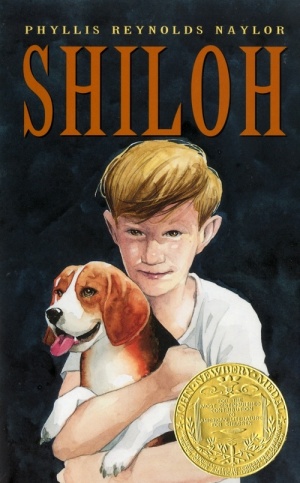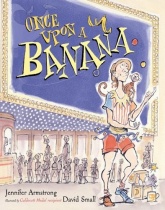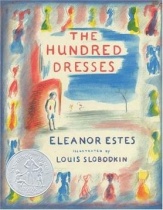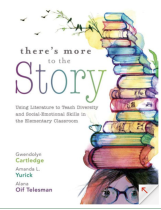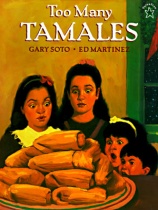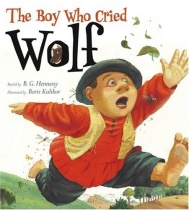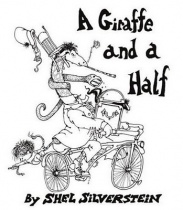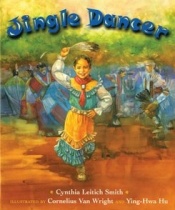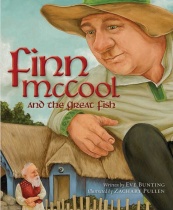Evaluation
This is my second time reading Shiloh since the sixth grade, and I appreciate the text more now than before. I think this book would really only be appropriate four students in third and fourth grade. I never realized the numerous amounts of "adult-like" issues that are integrated into this novel such as lying, stealing, following the law, abuse, etc. When is it appropriate to lie and when isn't it appropriate to lie? Did Marty really have the authority or the right to take Judd's dog and hide it from him? If I was teaching a fourth grade class I would discuss this issue of "telling the truth" and the continuum of "good people" and "bad people." Where would we put Judd Travers on this continuum and why? Fourth grade and higher grades may want to discuss this book in a Socratic Seminar arrangement. Overall, this book is more of a discussion book that lends itself to in-depth writing prompts as opposed to artistic projects that are facilitated in the younger grades. This book is a great read and inspires others to take action and change something that isn't "right" within their own communities.
